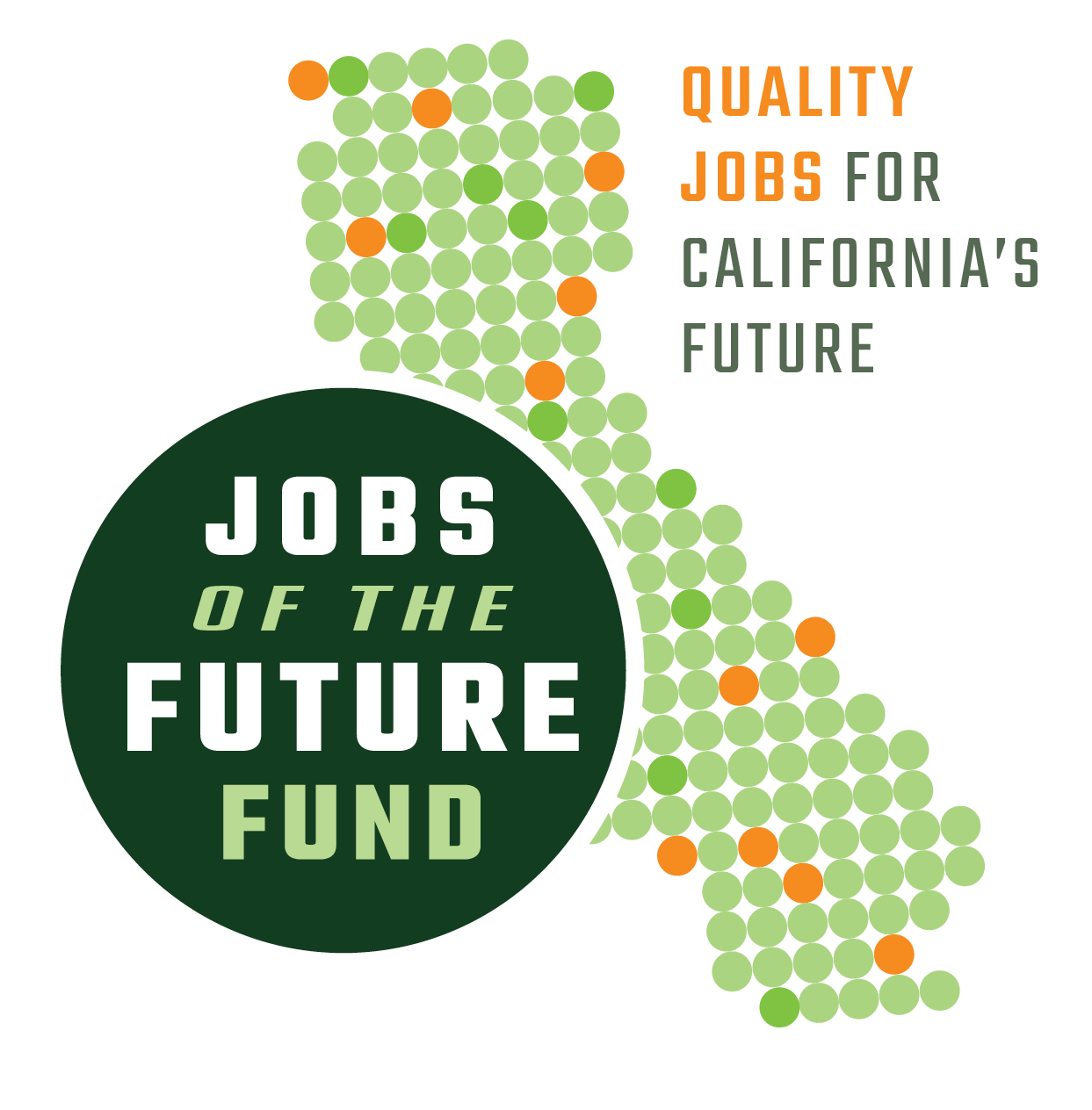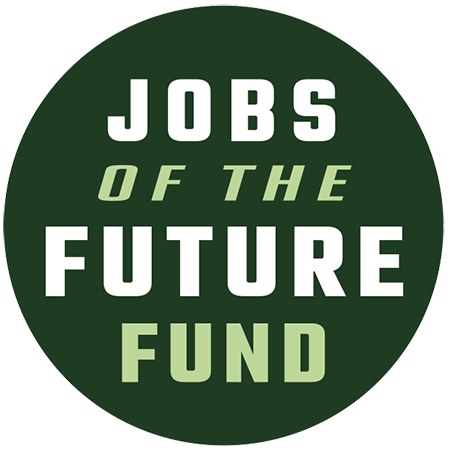
FAQs
- What is the Jobs of the Future Fund?
The Jobs of the Future Fund is an initiative created by San Francisco Supervisor Jane Kim to help prepare for the high likelihood of job losses due to automation. Experts have predicted that as many as 47% of all American jobs are at “high risk” in the next 20 years. By acting today, we can help smooth this transition and provide workers with training for new opportunities for high-wage jobs in industries that cannot be automated.
The idea is simple: if an employer replaces a human worker with a robot or algorithm, he or she would pay a tax. That revenue would then be used to fund job training, education and investments in new industries. The Jobs of the Future Fund is building support for this necessary solution and creating a forum for individuals and organizations to learn about and discuss the final language for an upcoming ballot measure.
- Isn’t this a bit alarmist? Experts have warned about automation for years and we haven’t seen dire impacts yet.
Actually, we have. According to a recent report from Ball State, only 13% of manufacturing job losses attributed to outsourcing are actually the result of trade – instead the vast majority of those jobs were lost because of automation.
This problem is not new but it is getting worse. A report from PricewaterhouseCoopers predicted that 38% of U.S. jobs are at high risk of automation by the early 2030s. Another study from researchers at the University of Oxford put that number at 47%. And this next wave of jobs losses will affect industries ranging from transportation to retail to clerical and accounting.
In fact, President Barack Obama warned in his farewell address, “The next wave of economic dislocations won’t come from overseas. It will come from the relentless pace of automation that makes a lot of good middle class jobs obsolete.”
- How would that level of job loss compare to previous depressions?
Unemployment peaked at 10% during the Great Recession and almost 25% during the Great Depression. An unemployment rate of 38% or 47% would be a national crisis like we have never seen and would certainly result in spikes in evictions, homelessness and crime. We must act now because the price will be too great if we wait.
- Is another tax really the right approach?
When we face massive job losses, we have two challenges: 1) revenue for vital social services is reduced 2) right when unemployed workers need those services the most. If we can expect millions of Californians may lose their job, it is our responsibility to prepare now through a modest tax on the robots and algorithms taking their place. This funding can help ensure we have the resources needed to help those Californians go back to work.
This also represents a tremendous opportunity for California to once again lead the way by thinking ahead about our new economy, creating high-wage jobs and making sure all of our residents are benefiting from the transformation.
- Technology makes many people more productive at work – it creates jobs, it doesn’t cost them.
Technology can be a wonderful thing that improves lives and helps workers do more. However, the benefits of technology are not evenly distributed. If a handful of people reap all the rewards while millions more lose their jobs, that’s a societal problem we need to deal with. This initiative simply asks those who are reaping those rewards to give back to help displaced workers find better opportunities. That’s good for all of us.
And if no jobs are lost – great! No taxes will be levied. However, if the experts are right and we do see massive unemployment, we need to prepare for what comes next.
- What about the alternative being discussed – a “Guaranteed Basic Income?”
This idea is largely being pushed by tech millionaires and billionaires and we seriously doubt that their “Basic Income” will be much more than a new kind of welfare check. But the key point is this – people don’t want welfare, they want meaningful work. This effort is designed to train displaced workers for new high-wage work, not a brave new world where a few people have nearly all the money and power and nearly everyone else gets a “basic” welfare check.
Have additional questions? Contact us.
